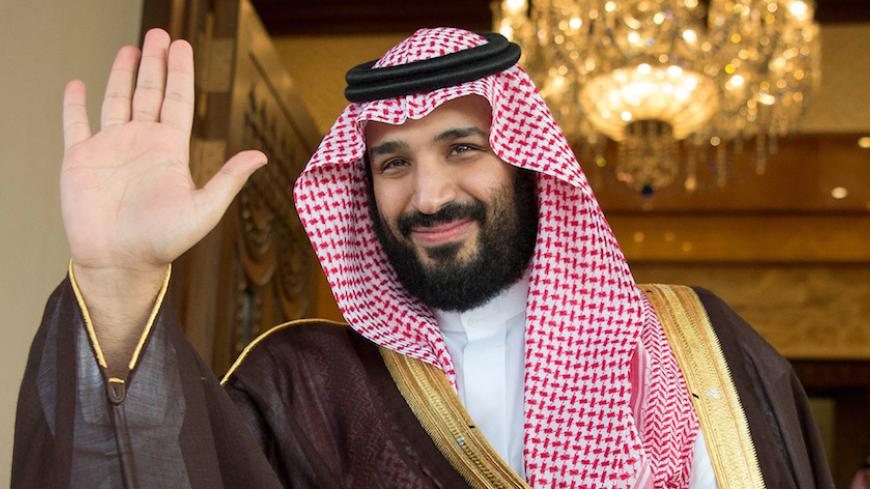King Salman bin Abdul-Aziz Al Saud's decision to remove Crown Prince Mohammed bin Nayef and promote his favorite son, Defense Minister Mohammed bin Salman, has been long anticipated. It raises profound questions about the future stability of America's oldest ally in the Middle East.
The king has now twice removed the sitting crown prince, a heretofore unprecedented move in the kingdom. Two years ago, Salman deposed his half-brother Prince Muqrin with no explanation and promoted Mohammed bin Nayef. The latest move puts Mohammed bin Salman, 31, next in line for the throne.



